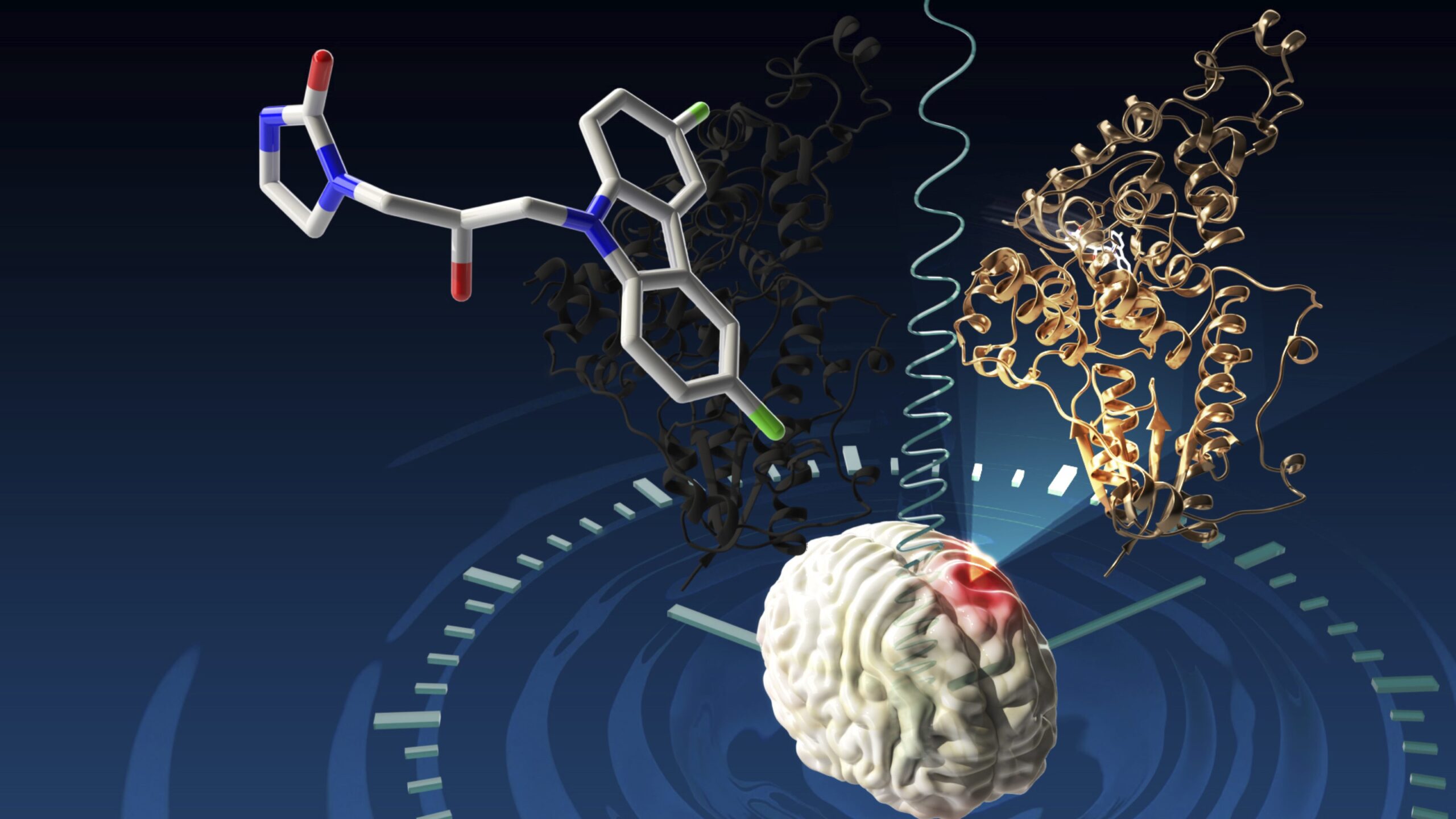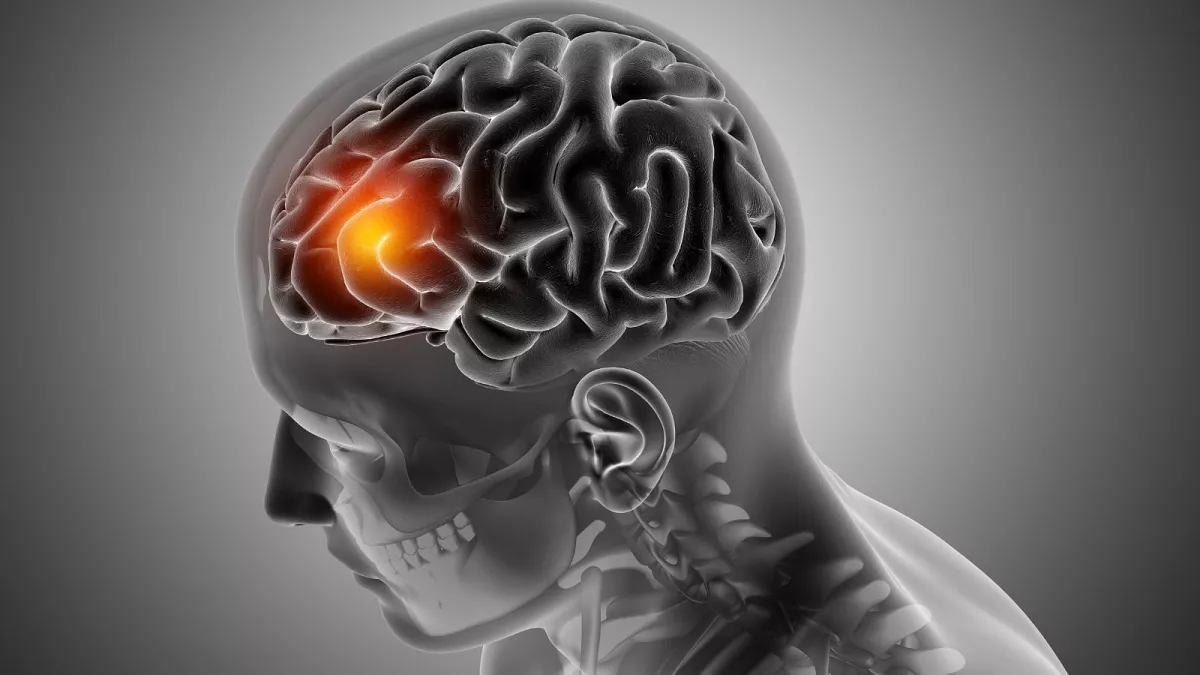For decades, a diagnosis of glioblastoma – a highly aggressive and difficult-to-treat brain cancer – has been considered a terminal sentence for patients.
“Only 3% to 5% of people who are diagnosed with this type of brain tumor will be alive three years later,” states the original article.
On average, patients survive approximately 14 months post-diagnosis.
Now, there is promising news from experimental therapy that reprograms a person’s own immune cells to target these tumors.
“Three studies published within the past week have reported dramatic results with a therapy called CAR-T delivered directly to the brain,” says the report. Some tumors have appeared to vanish on brain scans within a day.
“That was shocking to me,” said Dr. Otis Brawley, a professor at Johns Hopkins University, who was not involved in the research. “That’s fast. I mean, whoa!”
However, in most cases, the tumors returned, and none of the studies from the City of Hope Cancer Center, University of Pennsylvania, and Massachusetts General Hospital have yet demonstrated prolonged survival benefits. Researchers believe adjustments could achieve this.

“They clearly made the tumors shrink, so it’s doing something,” Brawley said. “Now, the hard part starts.”
One patient, Tom Fraser, 72, from Rochester, New York, participated in a pilot study of CAR-T at Mass General Brigham last summer.
Despite ongoing growth of his glioblastoma despite chemotherapy and radiation, he saw significant tumor reduction after receiving genetically modified T-cells tailored to recognize specific proteins on tumor cells.
“These kinds of responses don’t really happen with any other kinds of therapy for glioblastoma,” said Dr. Marcela Maus, lead author of the study.
Fraser himself expressed hope, noting side effects like fever and fatigue but also resuming normal activities.
He wrote, “It has given me hope personally and also given me hope that this will lead to a cure!”
However, other patients experienced initial shrinkage followed by tumor recurrence, prompting researchers to look for enhancements like combining chemotherapy with CAR-T.
“These are not yet magic bullets, but we’re hopeful,” said Dr. Christine Brown of City of Hope Cancer Center.
Results from the University of Pennsylvania combining two protein targets in CAR-T therapy also showed promising reductions in brain tumors, though challenges like side effects and long-term effectiveness remain.
“Most all of these patients should not be alive now that are still alive,” said Dr. Donald O’Rourke of the University of Pennsylvania, reflecting cautious optimism about the therapy’s potential.
While these studies offer hope, they underscore that significant challenges remain in making CAR-T therapy a viable treatment for glioblastoma.
